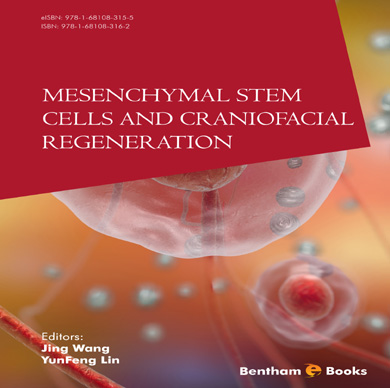Abstract
Mesenchymal Stromal Progenitor/Stem Cells (MSCs) are not a large population of non-hematopoietic stromal cells. This type of cells is usually present in the most connective tissues and bone marrow of the body. They can be isolated from a lot of tissues, such as endometrial polyps, adipose tissue, umbilical cord, menses blood, bone marrow, etc. MSCs have been defined following isolation and culture expansion, by their expression of different molecules including CD90, CD73 and CD105 and the negative markers like CD45, CD34 and CD14. MSCs have the proliferation ability in culture in uncommitted state, while retaining their pluripotency, which makes them attractive effector for biological cell-based tissue repair approaches. MSCs could be differentiated to several cell lineages. Furthermore, the exclusive biological properties of MSCs are mediated by paracrine mechanisms and by intensive immunomodulatory activity. The MSCs use for treatment has been fund and evaluated to be very useful in some pre-clinical animal models and in clinical trials. MSCs and MSC-like cells have low rates of homing to target tissues and organs, limiting therapeutic efficacy. Thus, researches of the homing mechanisms and homing factors of MSCs may lead to the development of therapies with the potential to promote clinical applications of MSCs.
Keywords: Cell migration, Differentiation, Homing, Immune, Mesenchymal stem cell (MSC), Stem cells.






















